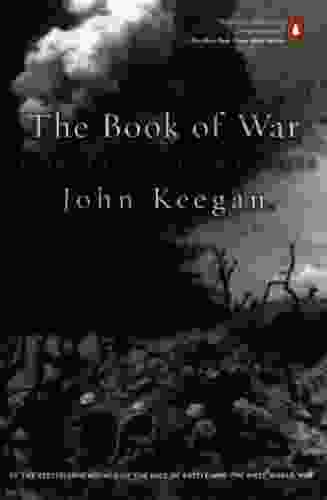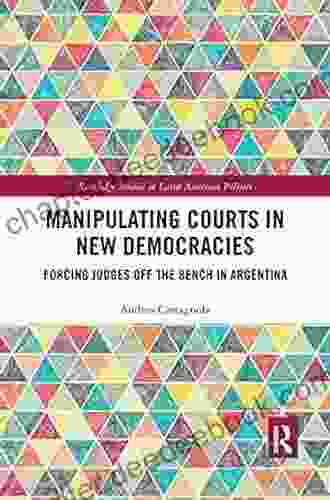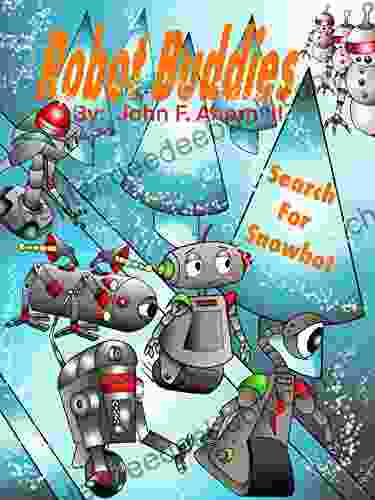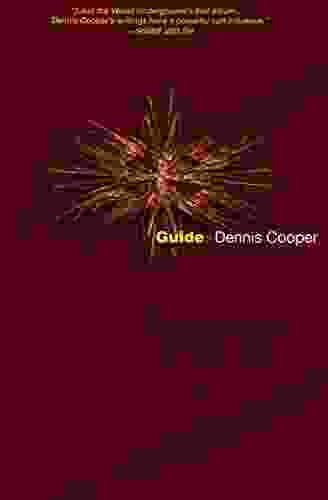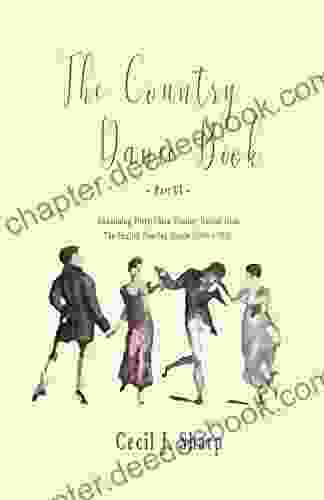War has been a part of human history for as long as humans have existed. It is a complex and multifaceted phenomenon that has been studied by historians, philosophers, and social scientists for centuries.
4.6 out of 5
| Language | : | English |
| File size | : | 837 KB |
| Text-to-Speech | : | Enabled |
| Screen Reader | : | Supported |
| Enhanced typesetting | : | Enabled |
| Word Wise | : | Enabled |
| Print length | : | 514 pages |
One of the best ways to understand war is to read about it. War literature can provide us with insights into the causes, conduct, and consequences of war. It can also help us to understand the human experience of war, and the ways in which war has shaped our world.
This article provides a brief overview of some of the great war writing from the past 25 centuries. We will explore works from ancient Greece, ancient Rome, medieval Europe, the Renaissance and Reformation, the Age of Enlightenment, the 19th century, the 20th century, and the 21st century.
Ancient Greece
Some of the earliest war literature comes from ancient Greece. The Iliad and the Odyssey, both attributed to the poet Homer, are epic poems that tell the story of the Trojan War. These poems provide a glimpse into the lives of ancient Greek soldiers and the values that they held.
Another important work of Greek war literature is Thucydides' History of the Peloponnesian War. This work is a detailed account of the war between Athens and Sparta, and it provides a valuable insight into the causes and conduct of the war.
Ancient Rome
The Romans also produced a significant body of war literature. Julius Caesar's Commentaries on the Gallic War is a firsthand account of Caesar's campaigns in Gaul. This work is a valuable source of information on Roman military tactics and strategy.
Another important work of Roman war literature is Tacitus' Annals. This work is a detailed history of the Roman Empire from the death of Augustus to the death of Nero. Tacitus provides a vivid account of the Roman army and the wars that it fought.
Medieval Europe
The Middle Ages was a time of great upheaval and warfare. The Crusades, the Hundred Years' War, and the Wars of the Roses are just a few of the many wars that were fought during this period.
One of the most famous works of medieval war literature is The Song of Roland. This epic poem tells the story of the Battle of Roncevaux Pass, in which the Frankish army was defeated by the Saracens. The Song of Roland is a powerful reminder of the horrors of war and the sacrifices that soldiers make.
Renaissance and Reformation
The Renaissance and Reformation were a time of great change and intellectual ferment. This period saw the rise of new ideas about war and the role of the soldier.
One of the most important works of war literature from this period is Niccolò Machiavelli's The Art of War. This work is a guide to military strategy and tactics, and it has been studied by military leaders for centuries.
The Age of Enlightenment
The Age of Enlightenment was a time of reason and logic. This period saw the rise of new ideas about the nature of war and the role of the state.
One of the most important works of war literature from this period is Immanuel Kant's Perpetual Peace. This work is a philosophical treatise on the causes of war and the conditions for peace.
The 19th Century
The 19th century was a time of great technological and social change. This period saw the rise of new weapons and new ways of fighting.
One of the most famous works of war literature from this period is Leo Tolstoy's War and Peace. This epic novel tells the story of the Napoleonic Wars from the perspective of the Russian people. War and Peace is a powerful indictment of war and its devastating effects.
The 20th Century
The 20th century was a time of unprecedented warfare. The World Wars and the Cold War were just a few of the many wars that were fought during this period.
One of the most famous works of war literature from this period is Erich Maria Remarque's All Quiet on the Western Front. This novel tells the story of a young German soldier on the Western Front during World War I. All Quiet on the Western Front is a powerful and moving account of the horrors of war.
The 21st Century
The 21st century has seen the rise of new technologies and new ways of fighting. The War on Terror and the wars in Iraq and Afghanistan are just a few of the many wars that have been fought in the 21st century.
One of the most famous works of war literature from this period is Phil Klay's Redeployment. This novel tells the story of a group of American soldiers who are deployed to Iraq. Redeployment is a powerful and unflinching account of the war in Iraq and its effects on the soldiers who fought in it.
War is a complex and multifaceted phenomenon. It has been studied by historians, philosophers, and social scientists for centuries. War literature can provide us with insights into the causes, conduct, and consequences of war. It can also help us to understand the human experience of war, and the ways in which war has shaped our world.
The works of war literature that we have



